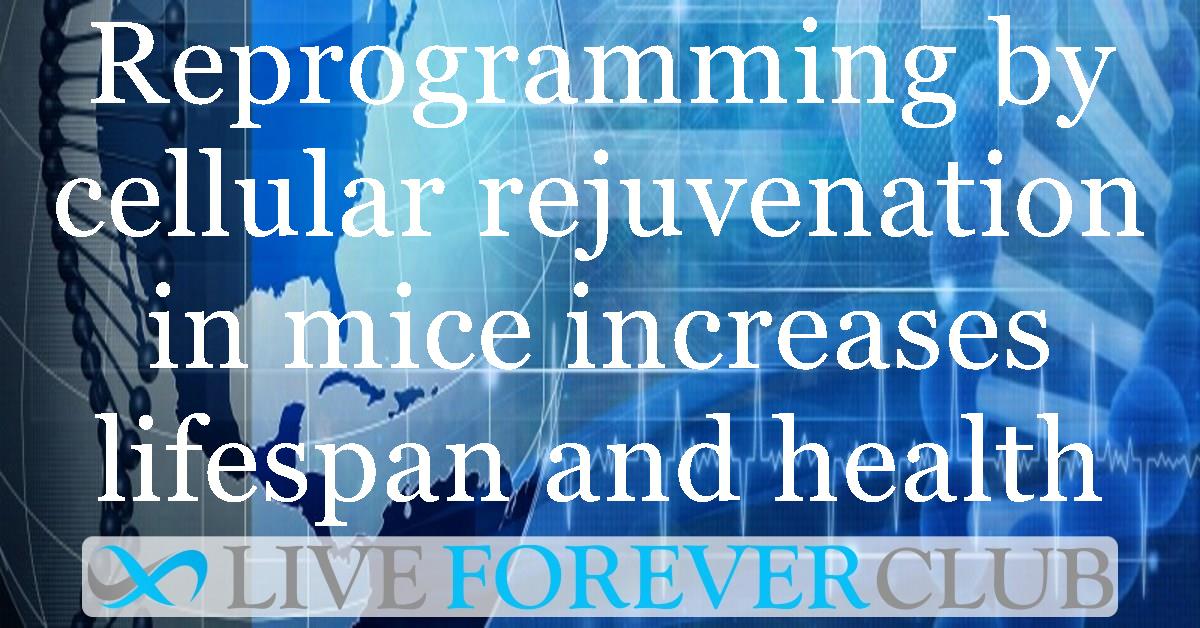Key points from article :
Study shows continuous low-dose induction of reprogramming factors and a single early life reprogramming treatment both significantly increase lifespan and health span in progeroid mice while altering their epigenetic landscape.
The researchers used progeroid mice, which were genetically modified to express a premature aging phenotype.
They attempted a simpler approach, constantly adding a smaller dose of the drug to the drinking water.
A lifelong treatment with 0.2 mg/ml of doxycycline yielded almost the same results as 1 mg/ml periodic treatment, extending the mice’s median age of death from 42.6 to 55.6 weeks.
The lungs, spleens, and kidneys of the treated mice were in a much better shape than those of controls.
The single early-life treatment is protective against age-related changes in methylation.
The major limitations of this study are its use of progeroid mice, albeit heterozygous, and a relatively small sample size.
The study has been published in the Aging cell.






